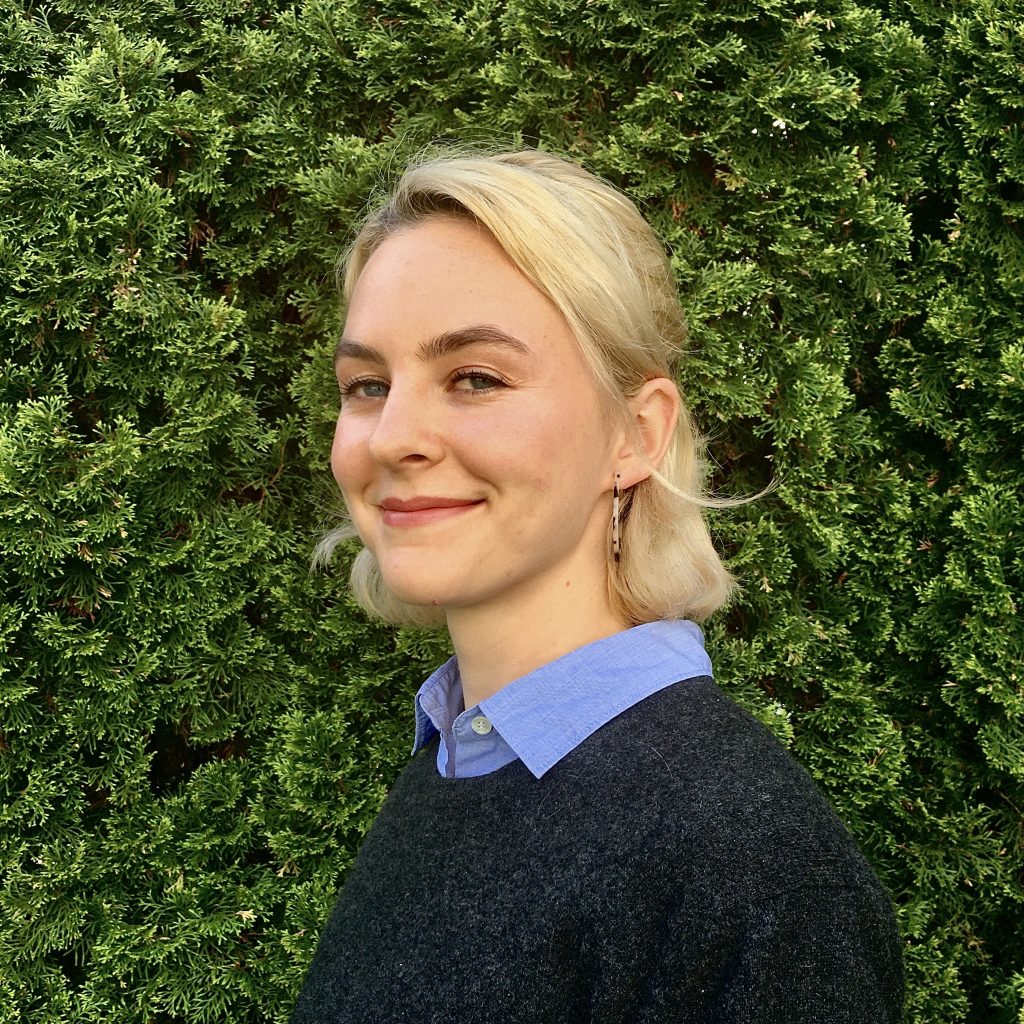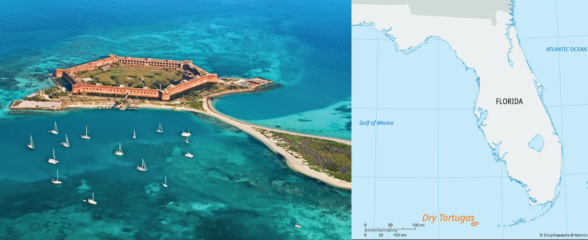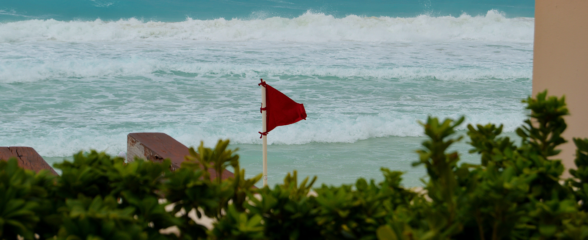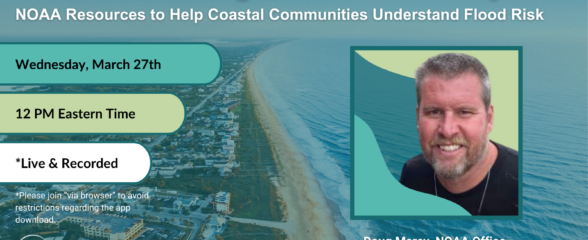
Through the NOAA Hollings Scholar program, US Integrated Ocean Observing System, SECOORA and Coastal Studies Institute (CSI) are hosting Natalie Murphy (pictured right) this summer. Natalie will be working on Ocean Energy and Observing communications with CSI, located on the North Carolina Outer Banks. Due to COVID-19, Natalie is taking on a virtual Hollings Scholar experience. Mentors for this experience at CSI are Drs. John McCord and Mike Muglia.
Natalie Murphy is a passionate supporter of environmental justice, legal advocacy, and science education. She double majors in Environmental Studies and History at Reed College, located in Portland, OR.
Natalie’s virtual project will focus on:
- Processing oceanographic High Frequency Radar (HF Radar) data using MATLAB
- Development of communications materials for HF Radar that can be provided to stakeholders and via the SECOORA website
- Written and digital media science communication and outreach content based on CSI research projects
- Assisting with the development of lesson plans and curriculum on oceanography and oceanographic observing for middle and high school students and teachers
“Through the research and mentorship opportunities the Hollings program has provided, I hope to better my skills as a scientific communicator and further understand the relationship between ocean research and policy.” – Natalie Murphy, NOAA Hollings Scholar
To kickstart summer her Hollings experience, Natalie met with Mike Muglia and other CSI staff to learn how the High Frequency Radar is being used to measure variability in the Gulf Stream position off Cape Hatteras, NC. Understanding how HF Radar operates and how to measure current variability will help Natalie develop communication materials that describe how these measurements help scientists, ocean energy developers, and fishermen.
Natalie has lived in coastal fishing communities from Maine to Alaska and seeks ways to incorporate local knowledge into national conversations about environmental policy. Natalie intends to pursue a J.D. in fall of 2021 to continue working at the intersection of science and regulation.
Related news

New High Frequency Radar at the Dry Tortugas National Park Improves Ocean Surface Current Measurements Across the Straits of Florida
A new CODAR Low-Power SeaSonde HFR has been deployed by the University of South Florida at Fort Jefferson on Garden Key to measure surface currents to improve understanding and prediction of the Gulf of Mexico Loop Current.

President Biden Proposes Significant Budget Cuts to IOOS for 2025
President Biden’s recent 2025 budget proposal slashed the funding allocated for the Integrated Ocean Observing System (IOOS) by 76%, which would effectively shut down coastal and ocean observing efforts.

Webinar: NOAA Resources to Help Coastal Communities Understand Flood Risk
Join us Wednesday, March 27th at 12 PM Eastern Time for SECOORA's Coastal Observing in Your Community Webinar Series to hear from Doug Marcy with the NOAA Office for Coastal Management.